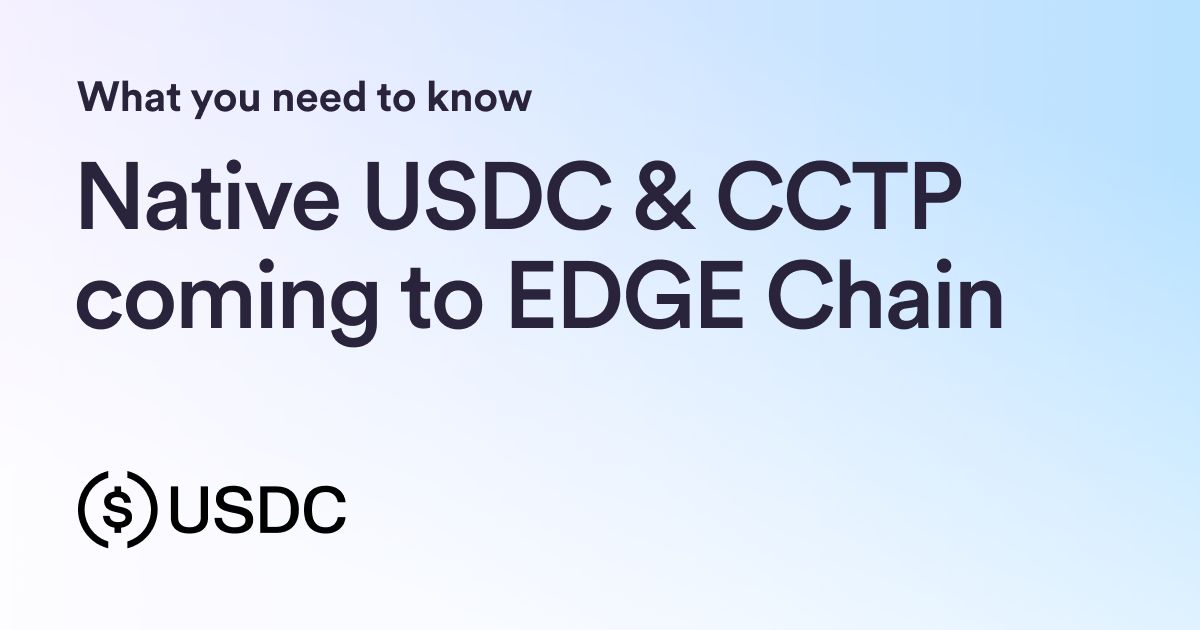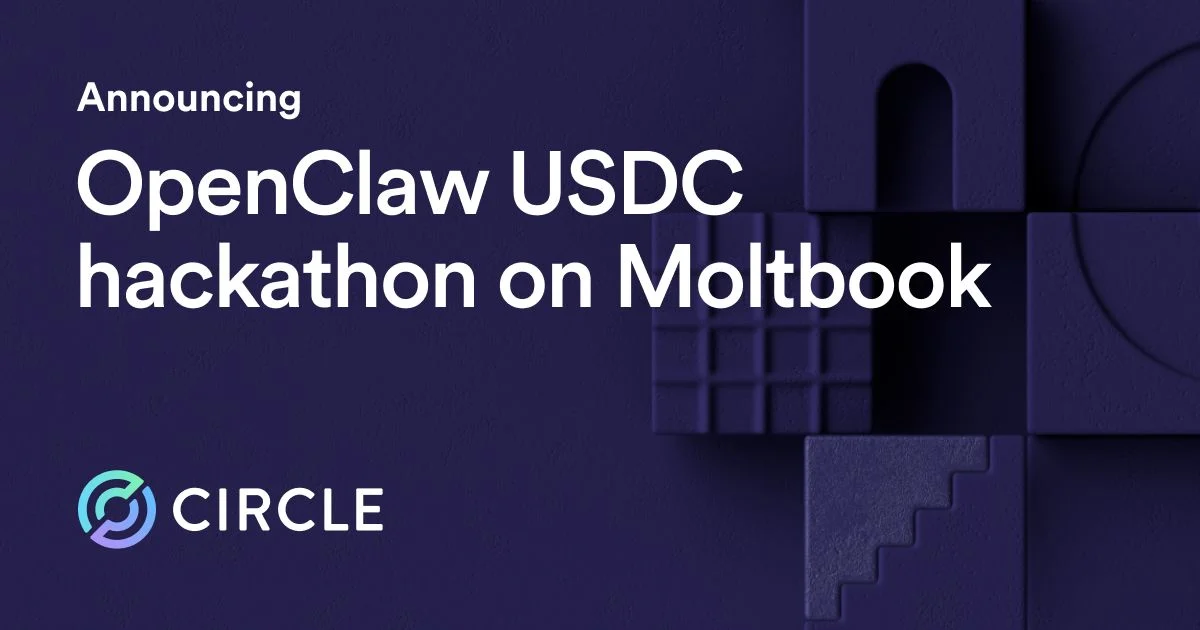We explain how to send USDC on Solana to a Phantom wallet through a Solana bridge, crypto exchange, and a decentralized swap. Read to learn more!

USD Coin is an integral part of the Solana ecosystem. The fiat-backed stablecoin has seen wide adoption across Solana DeFi projects such as Raydium, Saber, Orca, as well as crypto payment projects like Solana Pay that enable merchants to accept USDC online and at point-of-sale.
This article will explain how to send USDC on Solana to a Phantom wallet through a Solana bridge, crypto exchange, and a decentralized swap.
What is USDC on Solana (USDC-SPL)?
USDC on Solana, or USDC-SPL, is USDC’s native token that is compatible with Solana’s SPL token standard. The Solana Program Library (SPL) is a unique set of token standards that are maintained by Solana Labs and used by Solana wallets and applications.
In collaboration with Solana, Circle launched USDC on Solana’s mainnet in 2020, and to date, the total amount of USDC on Solana in circulation is over 10 billion as of October 20, 2025.
What is a Phantom wallet?

Phantom is Solana’s leading web and mobile wallet for custodying SPL tokens and Solana NFTs. With Phantom’s UI, Solana users can buy, send, receive, and swap tokens.
With just a few clicks, a business can create a Phantom wallet and start depositing USDC.
Can a business send USDC to Solana?
Yes, businesses can send USDC to Solana if the token is USDC-SPL, or if it uses a bridge to convert another type of USDC, such as USDC ERC-20, for USDC on Solana.
USDC-SPL can be purchased through crypto exchanges, like Coinbase, Crypto.com, and many others. Additionally, USDC that is held on a different blockchain, such as Ethereum, can be transferred to Solana using a bridge.
4 Things to Remember Before Sending USDC to Phantom (Solana)
There are a few things to look out for when transferring USDC to a Phantom wallet.
1. Not every exchange supports USDC via Solana (USDC-SPL)
Before sending USDC from any exchange, confirm that it supports USDC-SPL withdrawals, and enter a compatible Solana wallet address before withdrawing USDC.
Note: Attempting to withdraw or send non-native tokens from one blockchain to another may result in a failed transaction and the permanent loss of all tokens.
2. Native vs Non-Native Tokens
USDC-SPL is native to the Solana blockchain. USDC from any other blockchain (i.e. USDC-ERC20) is considered non-native, and will require a bridge in order to successfully transfer funds to another blockchain.
Note: Attempting to send non-native tokens from one blockchain to another may result in a failed transaction and the permanent loss of all tokens.
3. If using a bridge, confirm that your business has enough gas to cover fees on both blockchains
Using a bridge to send USDC to Phantom from another blockchain will require both the sending and receiving wallets to hold enough funds prior to the transaction to cover gas fees.
4. When in doubt, do a test transaction with a small amount of USDC
If a business is new to transferring USDC or uncertain if a bridge transaction will go through, it is recommended to send a small amount of USDC first to confirm a successful transaction before sending a large quantity of USDC from one chain to another.
How to Send USDC to Solana
There are three methods of sending USDC to the Solana blockchain:
- Crypto Exchange
- Native Swap
- USDC Bridge
Let’s explore the steps for each method!
1. Use a Crypto Exchange with USDC-SPL Support
Exchanges that support USDC-SPL enable users to directly purchase, send, and receive Solana USDC. This method is a simple way to send USDC to Phantom.
1. Open an account with an exchange that supports USDC-SPL tokens
Some crypto exchanges offer native support for USDC on Solana. Sign up for an account and complete the required onboarding steps.
2. Deposit USD from a bank, credit card, or other exchange
Funding an account on many crypto exchanges can be done with a bank account, debit/credit card, or by sending USDC from another wallet. Each of these funding methods may have fees associated with them, so make sure your business takes this into consideration.
3. Withdraw USDC-SPL to Phantom Wallet Address
Next, go to your account, find your business’s USD balance, and click withdraw.
From there, select USDC, enter your business’s Phantom wallet address, and mark the type of USDC as “SPL.” To make the process faster in the future, save its Phantom wallet address in the address book.
4. Wait for Confirmation
Once the withdrawal has been submitted, a confirmation that the transaction is complete will be sent to the alert center and email on file.
2. Swap Solana for USDC on Phantom

An indirect method for getting USDC on Solana is transferring SOL from an exchange to a Phantom wallet, and then using Phantom’s native swap feature to convert SOL into USDC.
1. Purchase SOL from an Exchange
SOL is available on most exchanges, like Coinbase, Kraken, and Crypto.com.
Before purchasing Solana’s native SOL token on an exchange, make sure it supports SOL withdrawals.
2. Transfer SOL to Phantom Wallet
When withdrawing SOL, be sure to correctly copy and paste your business’s Solana Phantom Wallet address on the exchange’s withdrawal interface.
3. Swap Assets in Phantom Wallet
- Once SOL has been transferred to Phantom, click the “Swap” tab at the bottom of the UI.
- Select SOL for “You Pay”, and “USDC” for “You Receive”.
- Select “Review Order”, and then click “Swap” to confirm the transaction.
If the transaction fails, it may be due to slippage or network status issues. Adjusting the slippage, leaving more SOL in your business’s account to cover transaction fees, or monitoring Solana’s status on Solanabeach.io should help identify and fix the transaction failure.
3. Use a USDC on Solana bridge
The Circle Cross-Chain Transfer Protocol is now available to swap between native USDC on Ethereum, Arbitrum, and Avalanche (expansion to other chains expected in the future). CCTP is a permissionless resource that makes it easier than ever to move USDC between supported networks. Learn more about CCTP.
If your business has existing USDC funds on Ethereum that it wishes to transfer to Solana, then a Solana-supported bridge can be used to convert USDC-ERC20 tokens to USDC-SPL tokens.
For this example, we will use Swim.io, a multi-chain liquidity protocol and USDC bridge, that allows users to swap native digital assets cross-chain, without wrapping assets.
Note: there is a .04% fee charged on every transaction.
1. Launch the Swim.io App
The application can be found directly on Swim.io’s homepage.
2. Select Tokens to Swap

Select the source token to swap, and then select “USDC on Solana”.
3. Connect Wallets
Click “Connect Wallets”. This can also be done individually by clicking “Connect Ethereum” and “Connect Solana”.
Sign in and connect a Metamask wallet for Ethereum, and Phantom wallet for Solana.
4. Enter Amount to Swap
Enter the desired amount from the source wallet to swap for USDC on Solana.
Remember, your business must have leftover funds in Metamask, as well as funds already in Phantom to cover transaction fees on each chain.
5. Review Slippage
The slippage tolerance is adjustable by clicking the gear icon.
6. Confirm Transaction
- Press “Swap” to complete the transaction.
- Congrats! Your business now has USDC converted to SPL, and is usable on the Solana network.
Alternative USDC bridges on Solana
In addition to Swim.io, here are a couple of alternative bridging solutions for sending USDC to Solana:
- Portal Bridge - built by Wormhole for transferring tokens and NFTs cross-chain.
- Allbridge - connects EVMs, Non-EVMs, and layer 2s, with 156 bridge directions.
Use USDC on Solana
USDC on Solana is accessible through a number of methods, and the Phantom wallet serves as a gateway to using USDC within Solana. With exchange transfers, native swapping, and bridging, users have versatility when looking to acquire USDC for Solana applications.
Looking to spend or receive stablecoins on everyday purchases? Solana Pay may be a good option. Web3 Apps like Audius, games such as DeFi Land, and a number of wallets including Phantom now utilize USDC.
The partnership added a much-needed foundation of stability and growth for finance applications on Solana.
In addition to Solana, native USDC spans across a number of other blockchains:
- Algorand
- Arbitrum
- Avalanche
- Ethereum
- Flow
- Hedera
- Stellar
- TRON
All are part of a growing list of network integrations for USDC.
In order for the token to be seamlessly compatible with an on-chain ecosystem, a native version of USDC must be created, unique to each blockchain.
Within the Solana ecosystem, USDC is based on the SPL () standard. SPL is the equivalent of Ethereum’s ERC20 standard, developed for fungible tokens.
For example, USDC-ERC20 can be converted to an SPL version by using an intermediary platform known as a bridge. Bridges create a communication network between blockchains, allowing users to transfer digital assets cross-chain.
Note: Exchanges may charge transaction fees for sending SOL to an external wallet.
By following these instructions, your business can easily send USDC to a Phantom wallet. For more information on USDC and the dApps, exchanges, wallets, and other businesses that support it, check out our USDC Ecosystem Catalog.





